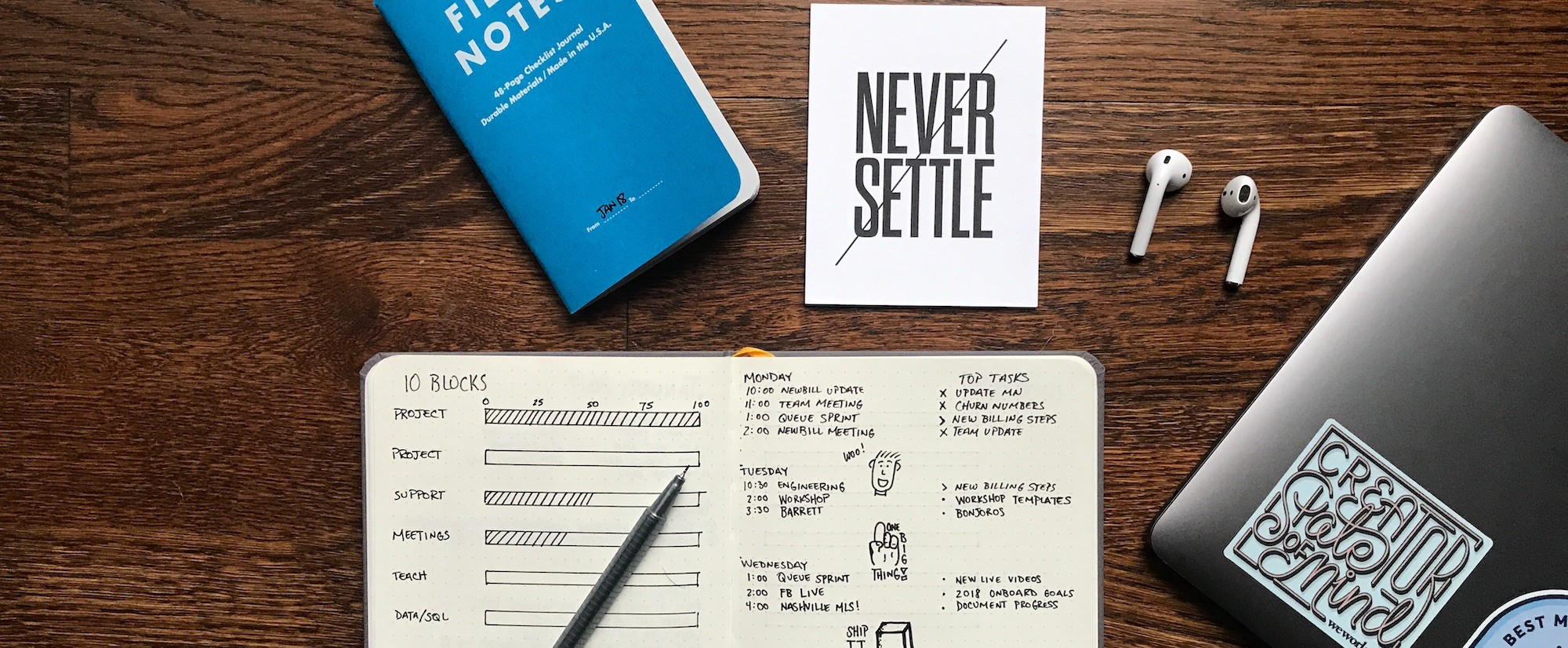By Joey Yap

With the new year upon us, it’s that time of the year again where every Tom, Dick and Harry will be coming up with their new year’s resolution — getting into shape, becoming confident, taking more chances, stop procrastinating, saving more money — with the intent of achieving them.
Simply put, a resolution is either a long- or short-term goal that people set for themselves to try and achieve during the coming year. New year’s resolutions may seem silly to some, but it is something worth spending time on if we look at it as taking it up as a challenge.
Coming up with resolutions does help you reflect on yourself over the past year. It may help you identify certain aspects in your life which require change, or it may inspire you to challenge yourself to get out of your own comfort zone by doing things you were not previously comfortable with. Setting resolutions helps with doing away bad habits, such as quitting smoking and reducing consumption of junk foods. These resolutions, when put in place, might be the driving force for you to achieve the goal you’ve set for yourself.
However, the problem is not with making the resolutions. Instead, it is keeping or staying committed to them. Frankly speaking, the majority of people who set various new year’s resolutions usually fail to achieve them. Based on a U.S. News & World Report, 80 percent of the time, individuals find themselves failing to keep their resolutions by as early as mid-February.
Hence, here are some tips to help you keep to your resolution (and not break them by February or March, or worse still by January!).
1. Pick a specific resolution

First of all, it’s best to pick a resolution that is specific to you and your personal goals. Resolutions often fail because they’re ambiguous and vague with no realistic plan in place. We’ve all heard the “This year, I will go to the gym more and lose weight.” resolution. It would be better to be more specific and detailed when making this particular resolution. For instance, “I will lose 10 kilograms by March” sounds like a more solid plan.
2. Start out small

While it may be hard to not be caught up with ambition when trying to achieve as many desired goals as possible within the coming year, coming up with a long list of resolutions may lead you to biting off more than you can chew. Taking on too much is also one of the reasons why new year’s resolutions tend to fail as well when things start getting overwhelming and seem unachievable. Therefore, it would be advisable to list out about three to five doable, realistic resolutions.
Baby steps. You know, one small step at a time. That’s how you do it. That’s how all great change begins.
3. Create a plan

With a specific resolution in mind, you can craft out a plan to achieve it. With reference to the previous example, you could begin to work out at a regular time on a particular day, making plans to drop by the gym when your schedule permits or planning your daily food intake.
To quote Antoine de Saint-Exupéry, “A goal without a plan is just a wish.”. Thus, keep in mind that planning is essential to success.
4. Track your progress

With your resolution decided and a plan set, it is recommended to track your progress and record it in a journal. This journal will for the sole purpose of consistently tracking how much you have achieved in reaching your ultimate goal. Besides, the journal can also come in handy during trying times when you need some form of drive and motivation to keep the energy alive.
5. Change takes time

You may have a resolution to do away a particular bad habit of yours, take for example, being on your phone too often. I’m sure most of us are aware this may result in a backlog of important, crucial tasks. As Mark Twain said, “Never put off until tomorrow what you can do today.”.
Bad habits develop over a period of time and it is (understandably) not easy to break it immediately. However, do take note. if you do happen to come across a stumbling block where your bad habit relapses — don’t beat yourself up for it, view it as a learning opportunity, and keep going.
6. Talk it out

You don’t necessarily have to join a special group or a community. Just talk about your resolutions with your immediate family members and close friends. This way, you can share your experiences, be it good or bad, and the sense of victory you felt as you conquered each day, a step closer to achieving your resolution. Additionally, you will have a support system cheering you on, keeping you motivated and on your toes at all times.
***
After reading this, I hope my tips above will be proven useful and that you are able to come up with resolutions which are specific and tailored towards your own goals and interests. So get started, and good luck!




